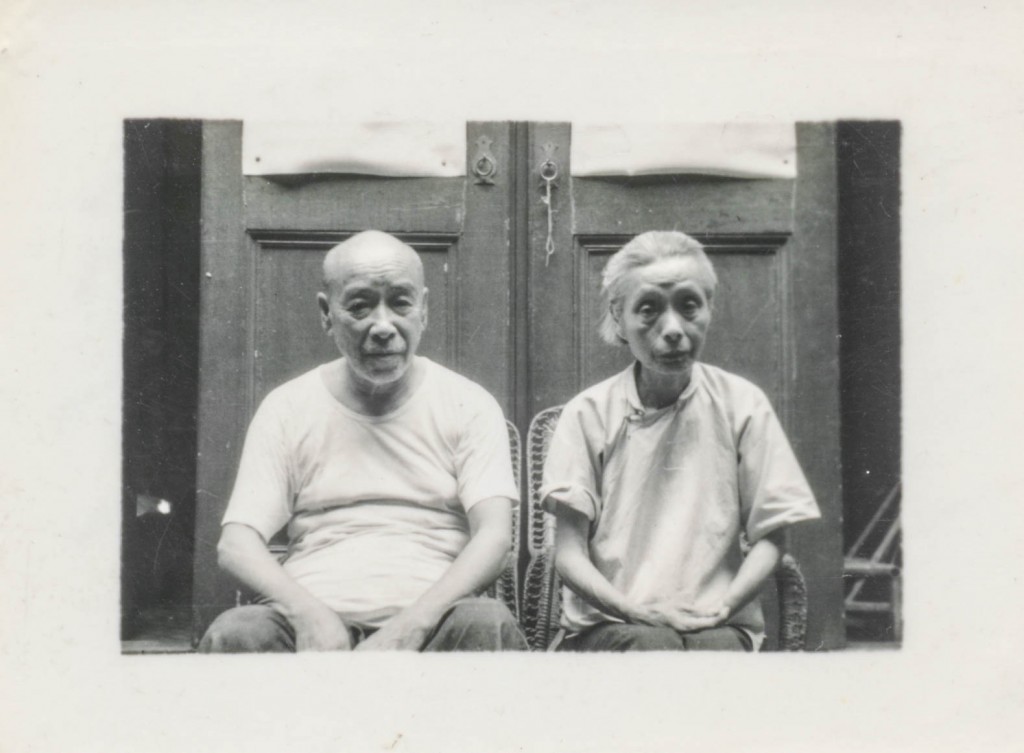- California Assembly OKs highest minimum wage in nation
- S. Korea unveils first graphic cigarette warnings
- US joins with South Korea, Japan in bid to deter North Korea
- LPGA golfer Chun In-gee finally back in action
- S. Korea won’t be top seed in final World Cup qualification round
- US men’s soccer misses 2nd straight Olympics
- US back on track in qualifying with 4-0 win over Guatemala
- High-intensity workout injuries spawn cottage industry
- CDC expands range of Zika mosquitoes into parts of Northeast
- Who knew? ‘The Walking Dead’ is helping families connect
[Asian Fortune] Suffering in silence: The dilemma for older Asian American immigrants
(Courtesy of SimpleInsomnia via Flickr/Creative Commons)
In 1976 So Ying Chan and her husband came to the United States to help take care of her grandchildren. Her son, Michael Man, worked as the accounting manager at the National Education Association. Everything was going well. Then, in 1992, Chan’s husband passed away and Chan’s own health began deteriorating.
When Chan hit 83, she developed Alzheimer’s disease and became increasingly forgetful. During the day, when both Man and his wife were at work, Chan would wander onto the streets and get lost. Man would have to call the police to find her and bring her back home. Other days, Chan would be cooking something and wander off forgetting that she had left the stove on.
Not many elderly relish the idea of being placed in a nursing home, but for Asian American families like Man’s, the idea of a nursing home is even more difficult to swallow. It is traditional in Asian families for the older generation to live with their kids until they die. For a child to fail in this responsibility is considered the ultimate betrayal of the Confucian notion of filial piety.

















